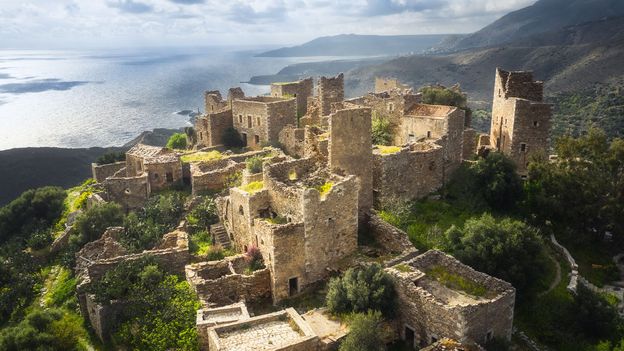Disir
Platinum Member
- Sep 30, 2011
- 28,003
- 9,608
- 910
Greece, the home of one the oldest civilizations on the globe, is blessed with thousands of priceless monuments, from the Parthenon, the temple at Sounion and the site of Delphi, just to name a few. But perhaps no physical structure anywhere is as important than the living monument of a spoken language which originates directly from the ancient world.
One such language still survives today, despite the ravages of time and the many reversals of fortune that Greece has known, in Leonidio, a living remnant of the language of ancient Sparta, the warrior state which became the byword for an extraordinarily strict and regimented society.

Maybe this is the language that I need to learn.
One such language still survives today, despite the ravages of time and the many reversals of fortune that Greece has known, in Leonidio, a living remnant of the language of ancient Sparta, the warrior state which became the byword for an extraordinarily strict and regimented society.

Ancient Spartan Dialect Tsakonika Still Alive Despite Ravages of Time - GreekReporter.com
Tsakonika, the language of ancient Sparta, still survives today, despite the ravages of time and the many reversals of fortune in Greece.
greece.greekreporter.com
Maybe this is the language that I need to learn.







